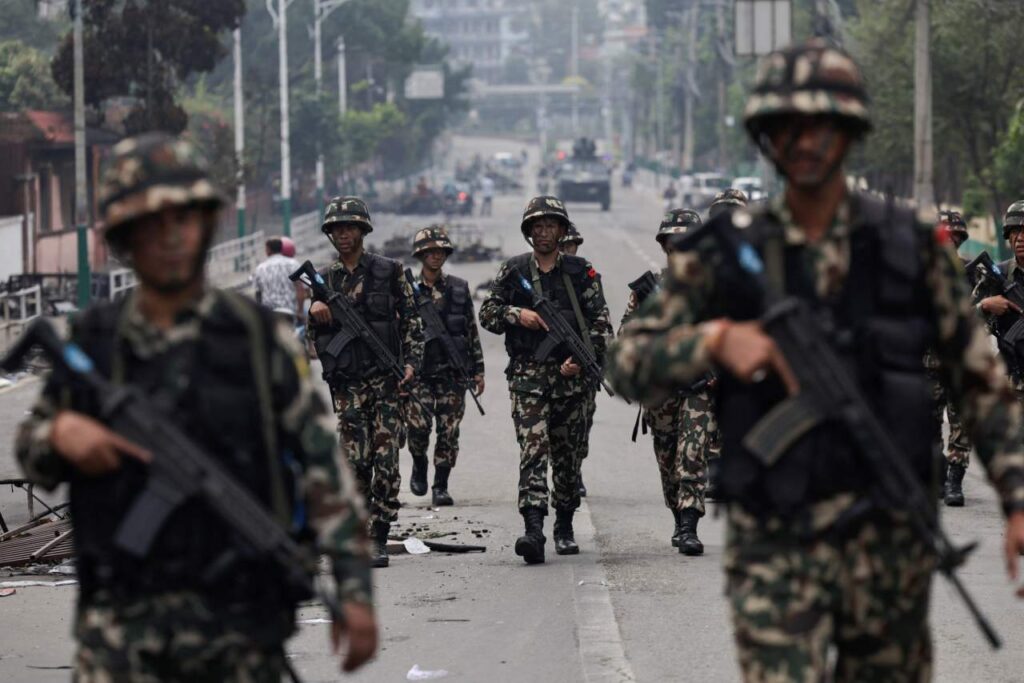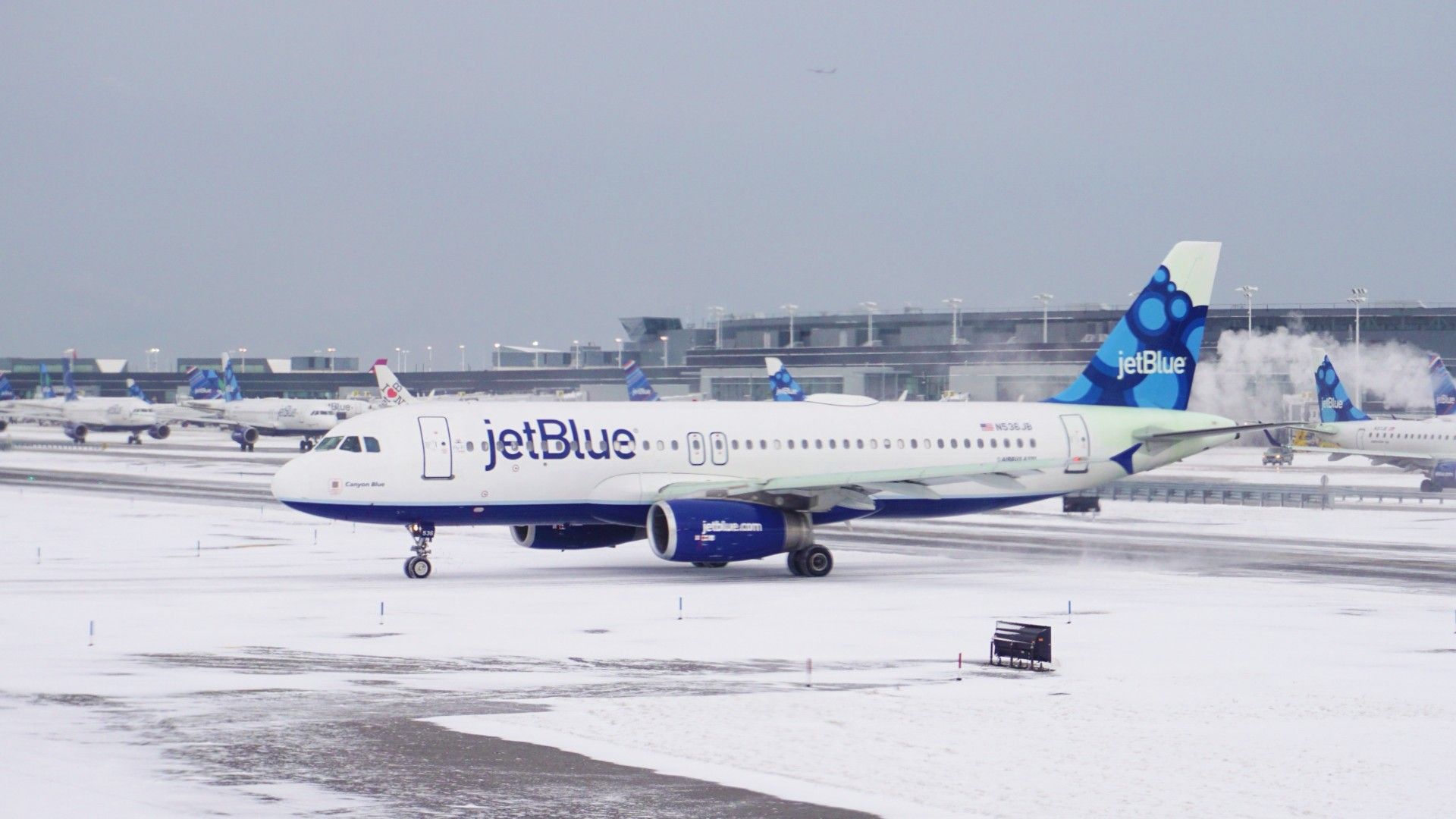
The Nepali Army has been deployed to restore order following a wave of violent protests that led to the resignation of Prime Minister Pushpa Kamal Dahal. The unrest erupted in response to widespread dissatisfaction with the government’s handling of various issues, prompting authorities to impose a national curfew aimed at curbing further demonstrations.
Protests intensified over the last week, with thousands of demonstrators taking to the streets to express their anger. Clashes between protesters and security forces resulted in injuries on both sides, escalating tensions in the capital, Kathmandu, and other major cities across the country. The decision to deploy military personnel comes as a critical measure to maintain peace and prevent the situation from deteriorating further.
Government Response and Impact
In light of the escalating violence, the government announced the curfew effective immediately. Officials emphasized that it is necessary to restore security and ensure public safety. The curfew prohibits gatherings and movement outside designated hours, with security forces instructed to enforce compliance strictly. Local businesses have been significantly affected, with many shops closing their doors as a precautionary measure.
The resignation of Prime Minister Dahal marks a significant political shift. His departure follows a tumultuous period characterized by increasing public discontent and demands for reform. Analysts suggest that his resignation may open the door for new leadership in the country, but it also raises concerns about potential instability in the government.
The protests have been fueled by a combination of economic hardship and political dissatisfaction. Many citizens have voiced their frustrations regarding rising inflation, unemployment, and perceived corruption within the government. The unrest reflects deeper societal issues that have been simmering for years, with many calling for a comprehensive overhaul of the political system.
Future Implications
As the Nepali Army takes charge of maintaining order, the future of the country’s political landscape remains uncertain. Observers are closely monitoring how this situation will unfold, particularly in light of the upcoming elections. The military’s involvement in civilian affairs could lead to further tensions, particularly if the public perceives the curfew and military presence as excessive.
International organizations are also keeping an eye on developments in Nepal. Calls for restraint and dialogue have emerged from various quarters, urging both the government and protesters to engage in constructive discussions. The hope is that a peaceful resolution can be achieved, allowing for a return to stability and confidence in the government.
The situation in Nepal serves as a reminder of the fragility of democratic institutions and the importance of addressing public grievances promptly. As the nation navigates this challenging period, the actions taken by both the government and the military will be crucial in determining the path forward for the people of Nepal.






